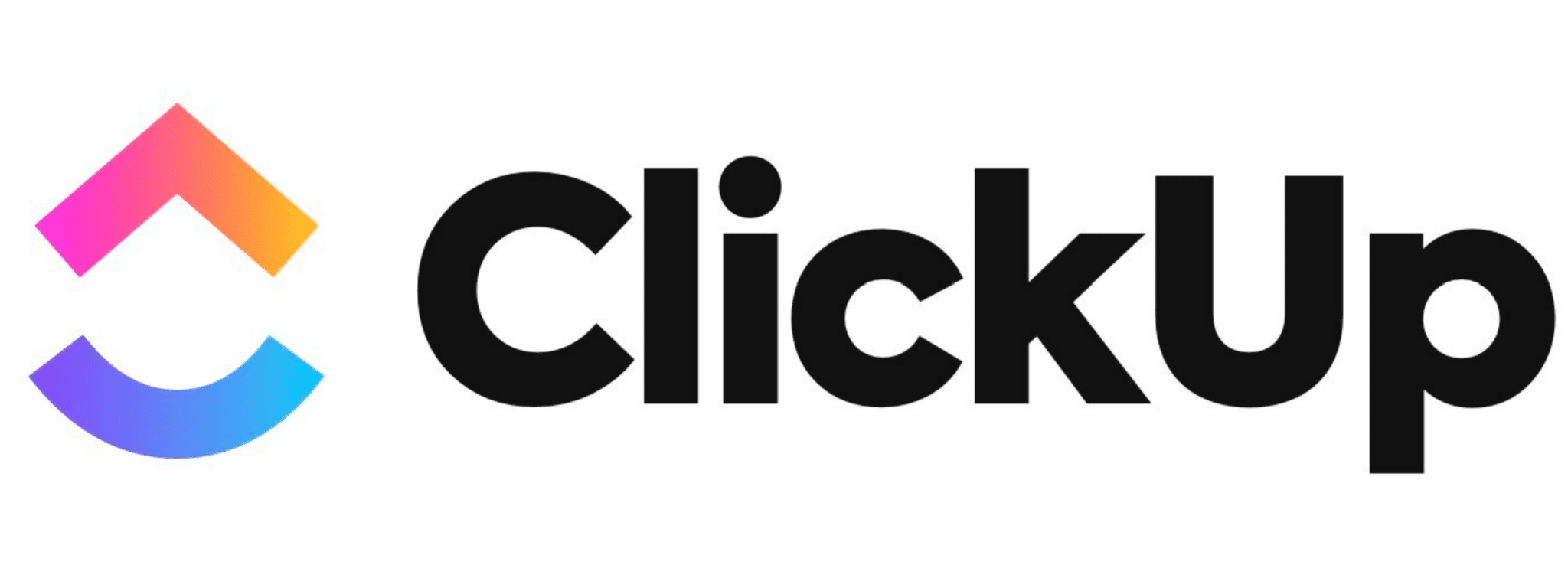
ClickUp, the popular all-in-one productivity platform, has released critical updates for its desktop applications to address a vulnerability that could allow attackers to execute malicious code on affected systems. The vulnerability (CVE-2024-23755) affects both macOS and Windows versions of the ClickUp Desktop app.

The Vulnerability
Known as CVE-2024-23755, this vulnerability carried a CVSS score of 8.4, marking it as a high-severity threat capable of allowing arbitrary code execution. The vulnerability exists in ClickUp Desktop versions 3.3.76 and earlier. An issue with certain settings in the Electron framework, which powers ClickUp’s desktop apps, could allow a malicious actor to inject arbitrary code if they successfully run a rogue application on a user’s system. Successful exploitation could compromise sensitive data.
Impact
The impact of this vulnerability is significant. Attackers with local access to a vulnerable system could exploit this flaw to:
- Steal sensitive data from ClickUp and potentially other applications
- Install additional malware
- Gain further control over the system
Mitigation and Updates
ClickUp has fortunately taken swift action and released updates that address this vulnerability. Users of ClickUp Desktop on macOS and Windows should immediately update to version 3.3.77 or later. Updates can be downloaded from the official ClickUp Download Centre (https://clickup.com/download).
Important Considerations
- Local Access: This vulnerability requires an attacker to have local access to the system. This means remote attacks over the internet are less likely.
- User Awareness: Users must exercise caution when downloading and running unknown applications, as they could be the entry point for exploiting this vulnerability.
- Updates are Crucial: This incident highlights the importance of regularly updating software to ensure the latest security patches are installed.
The Bigger Picture
The ClickUp vulnerability serves as a reminder that even popular and well-regarded productivity tools are not immune to security flaws. As businesses and individuals increasingly rely on cloud-based and desktop-installed software for critical tasks, it’s vital to stay informed about vulnerabilities and take steps to mitigate risk.